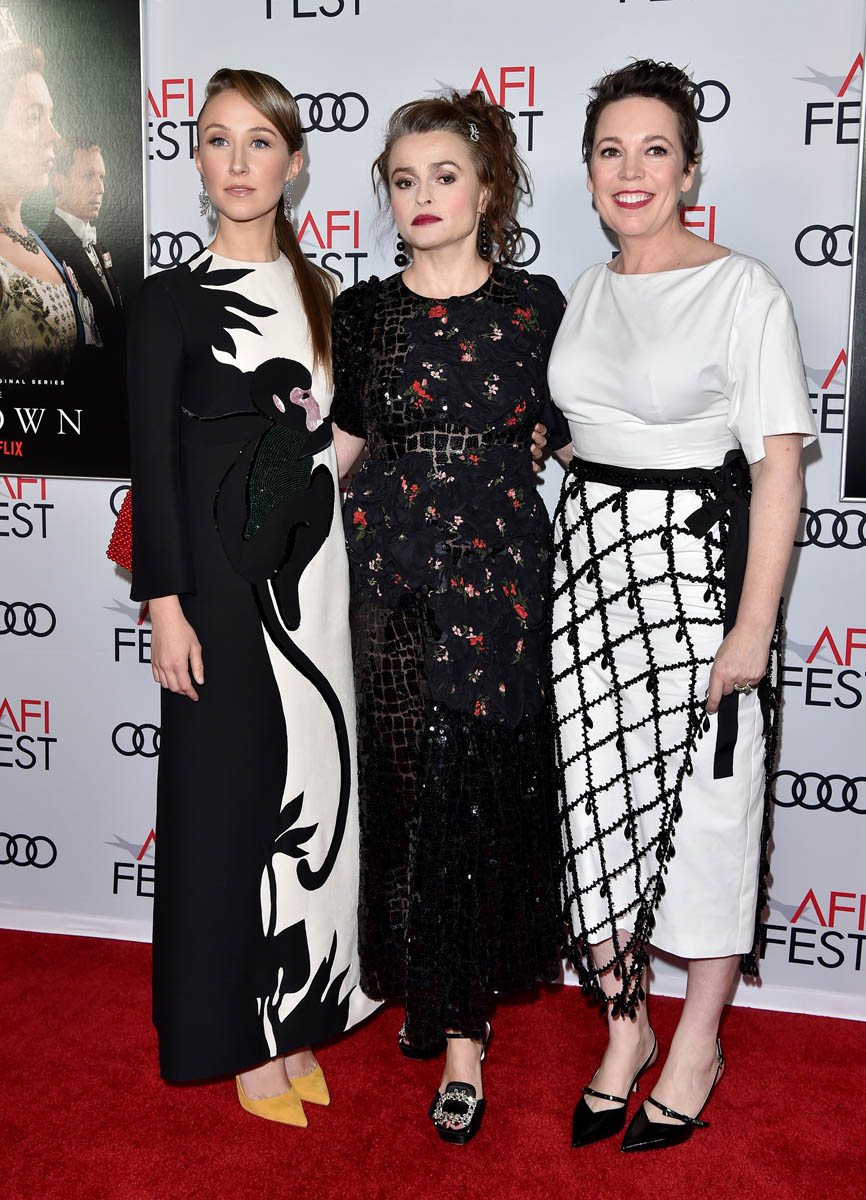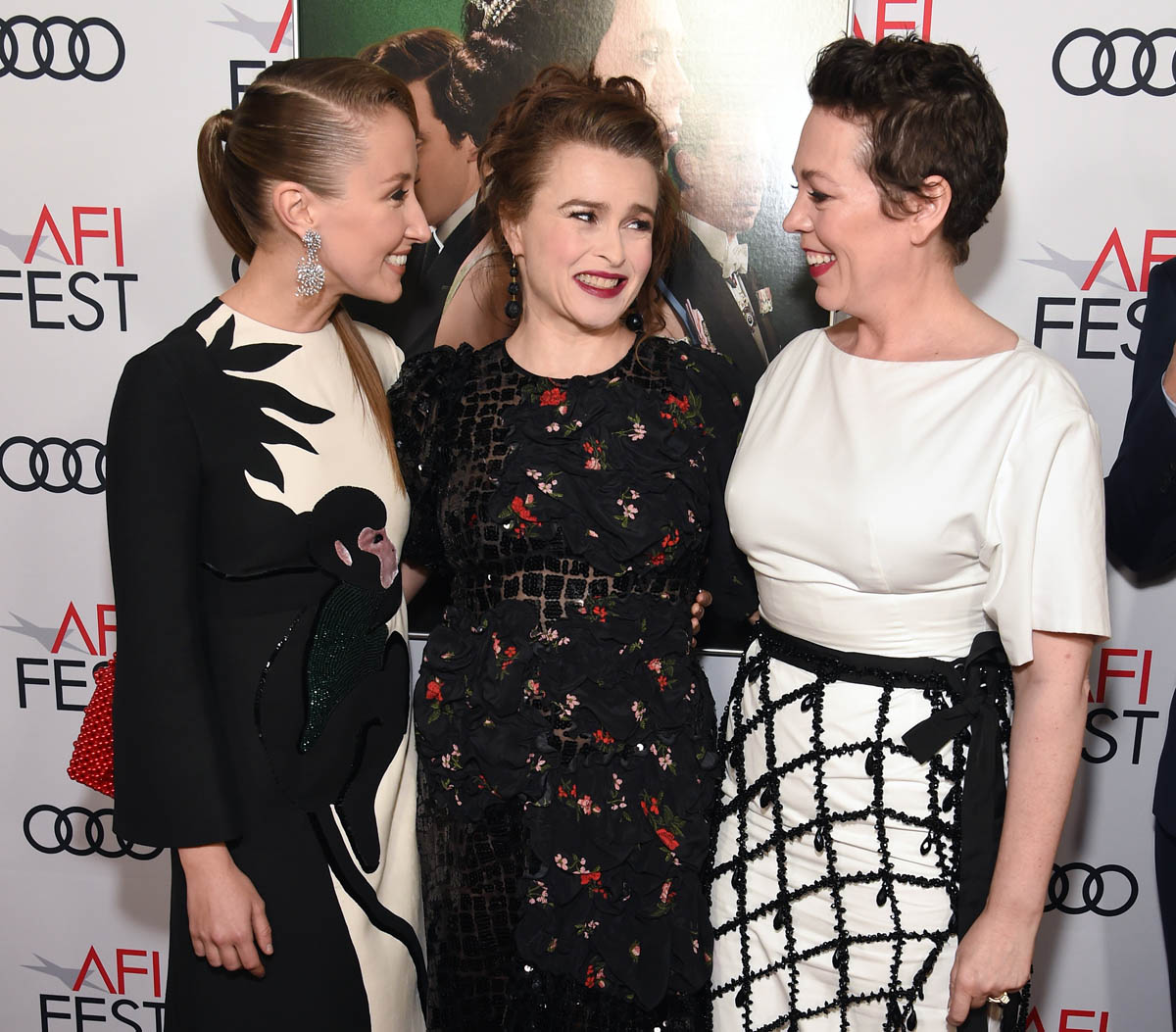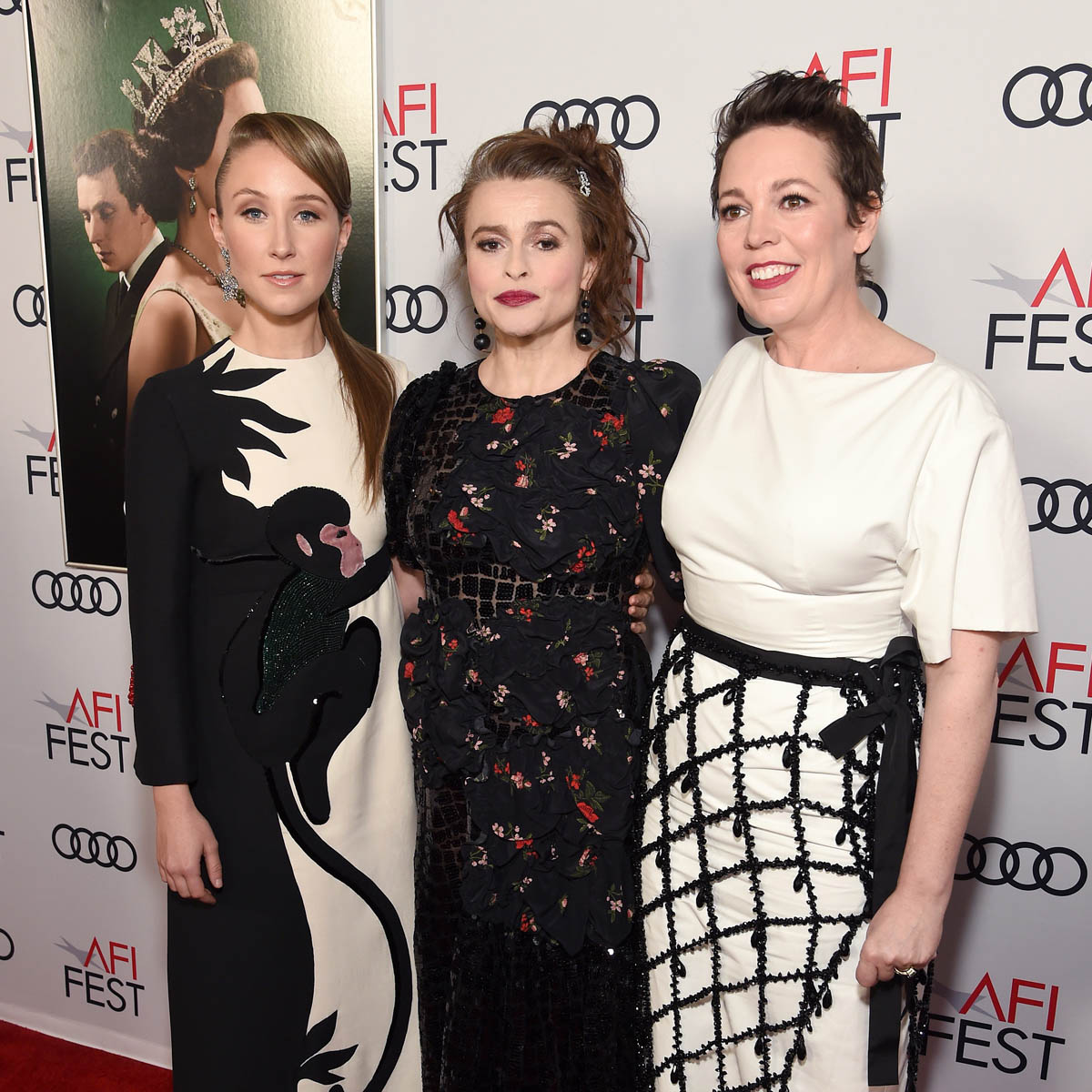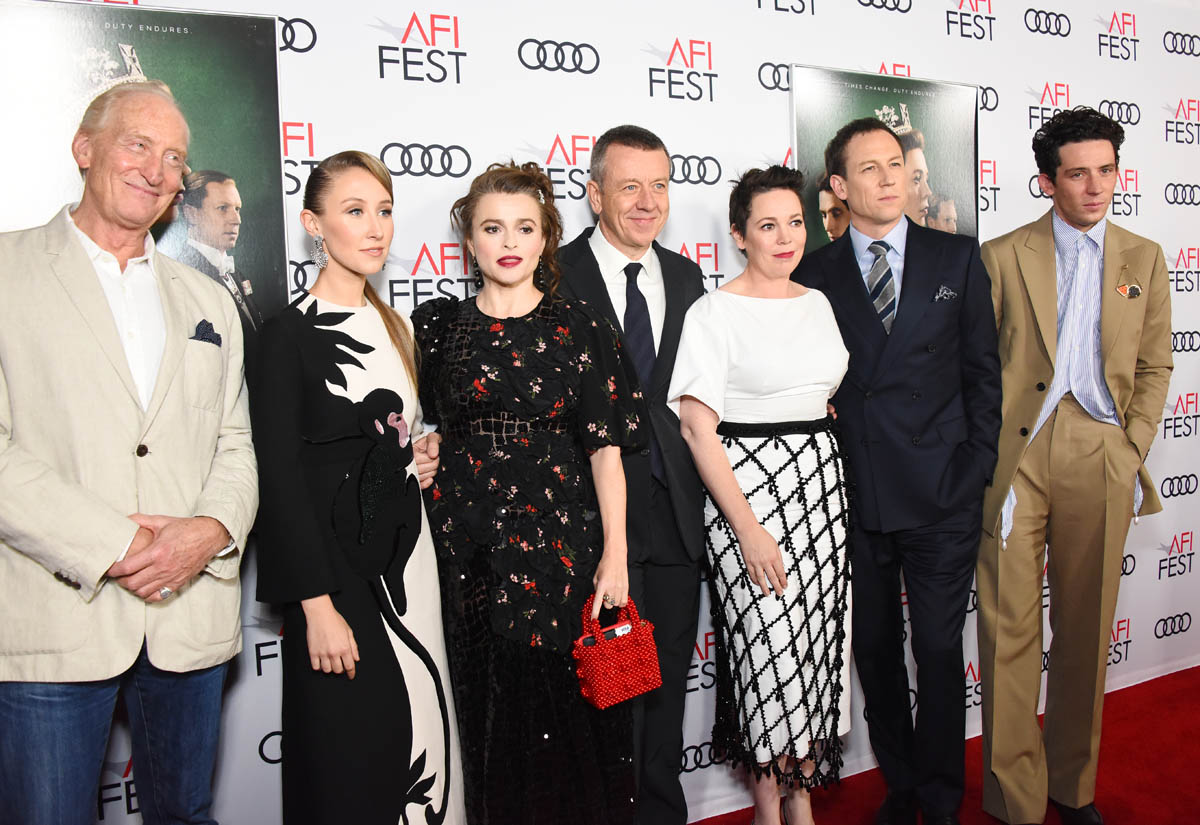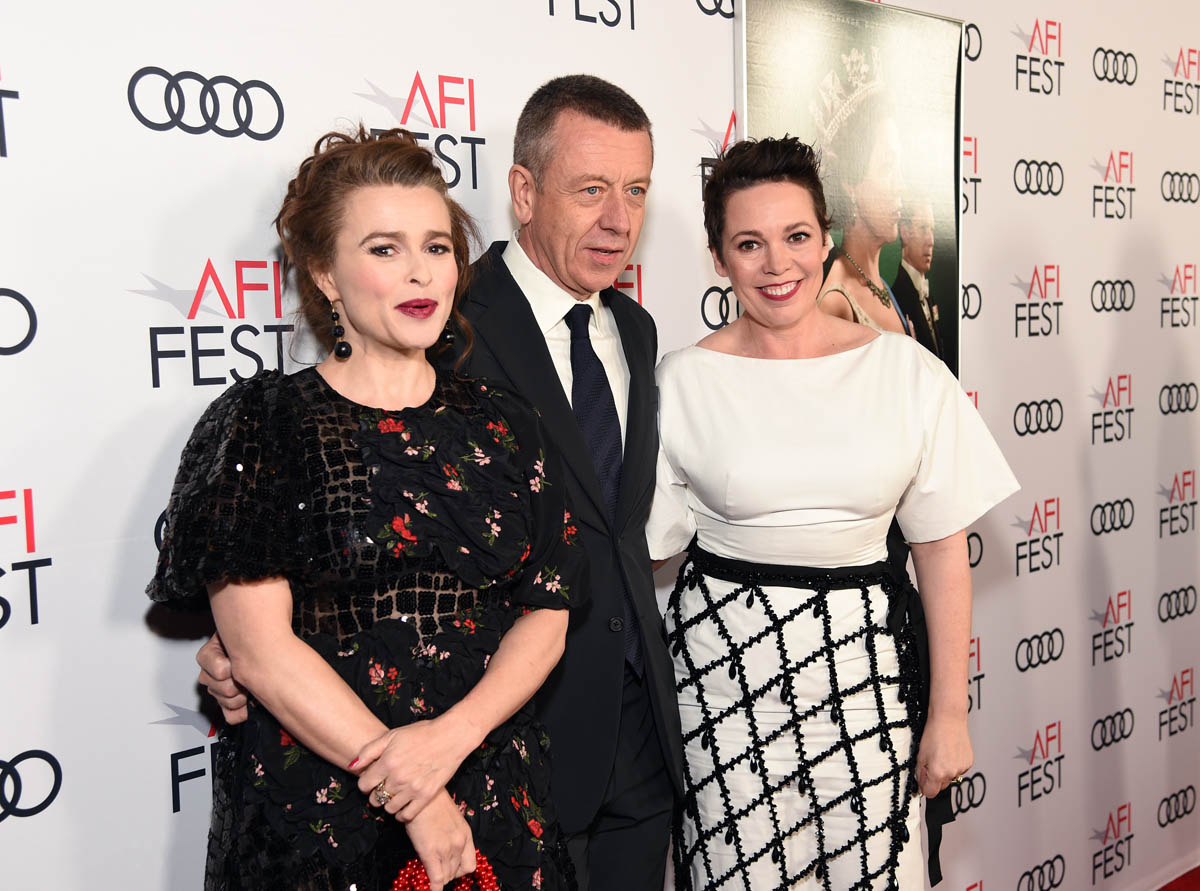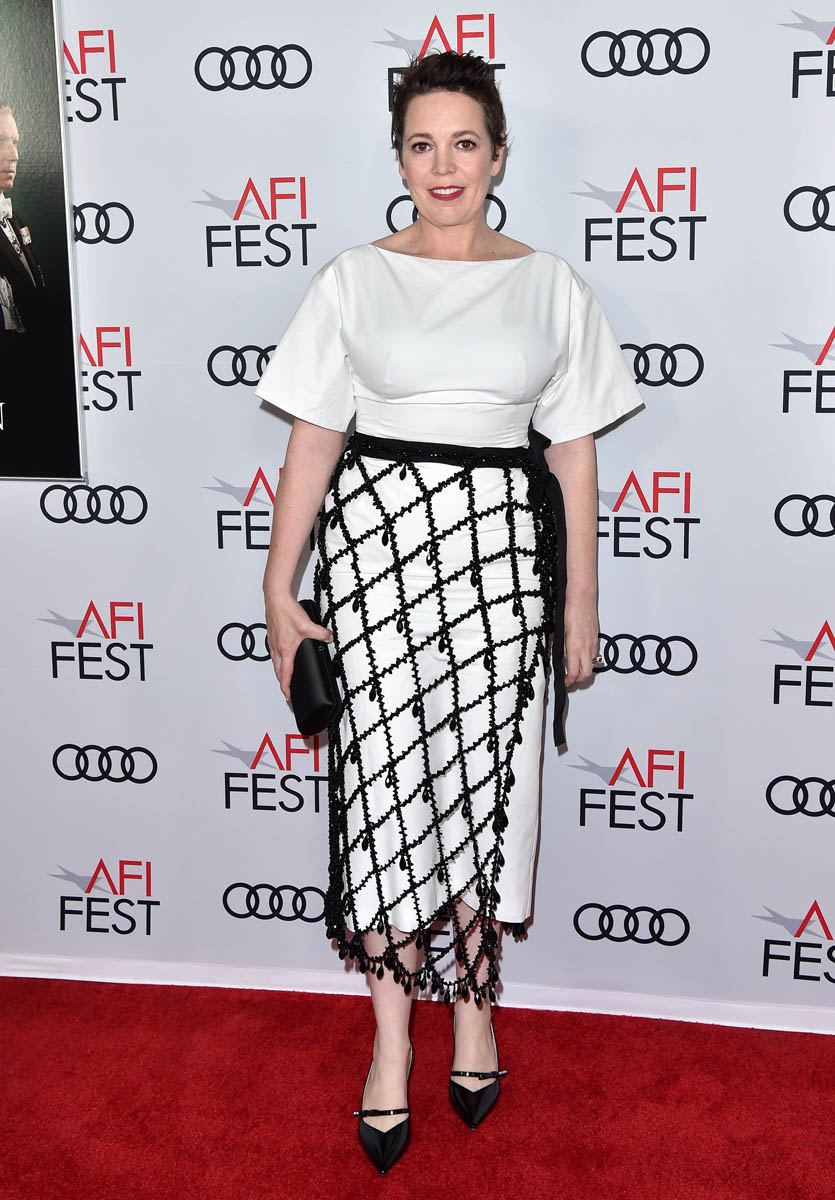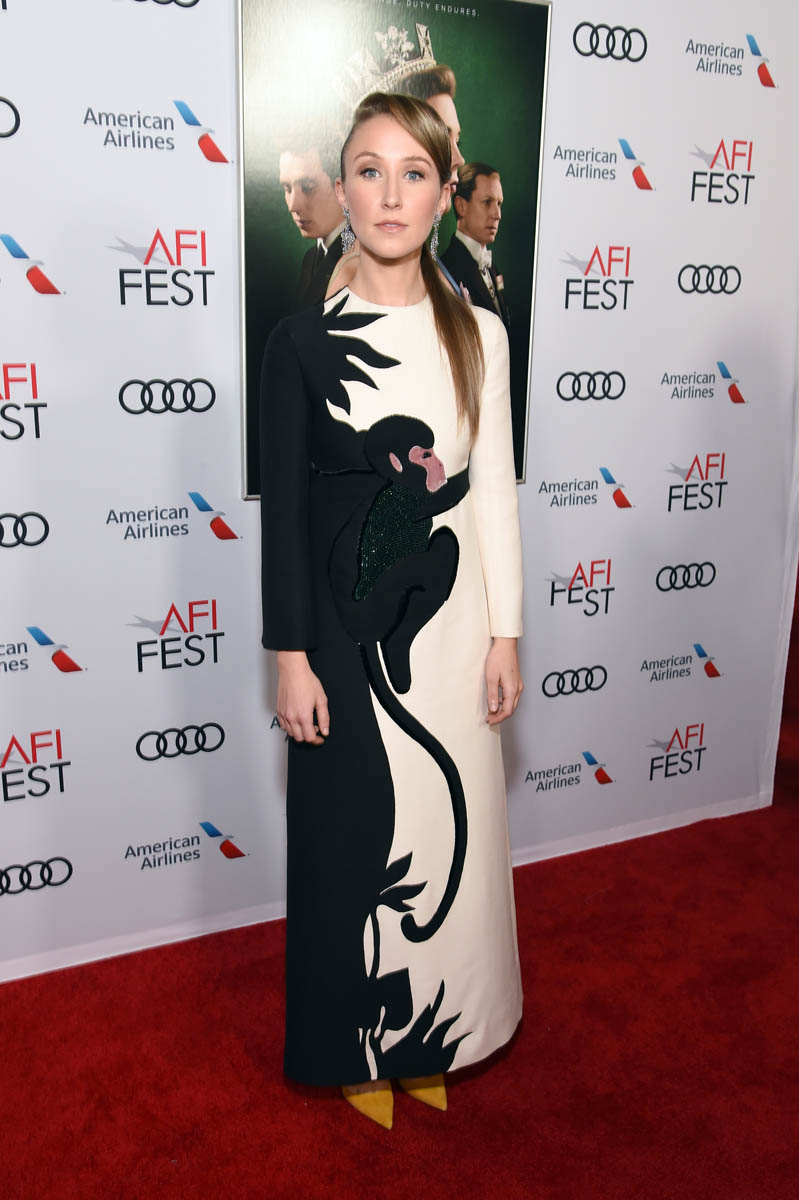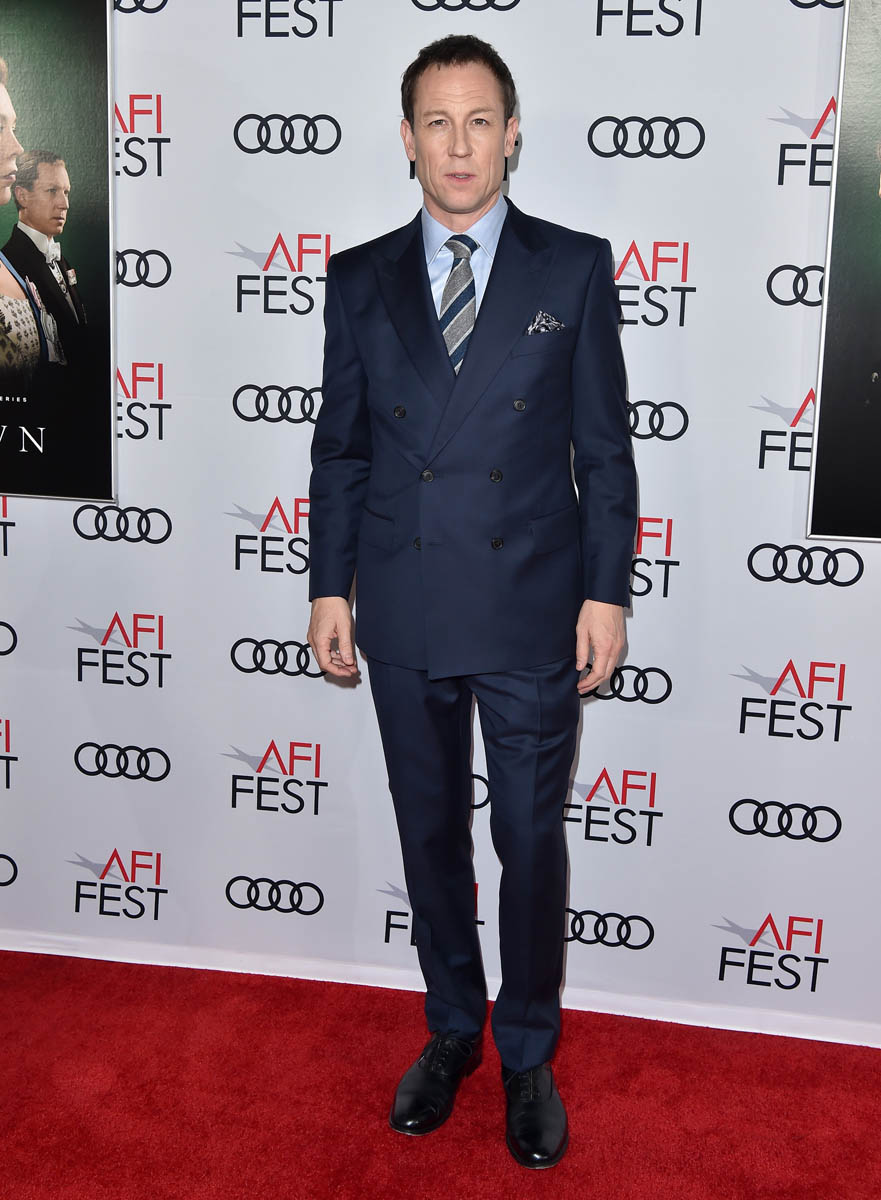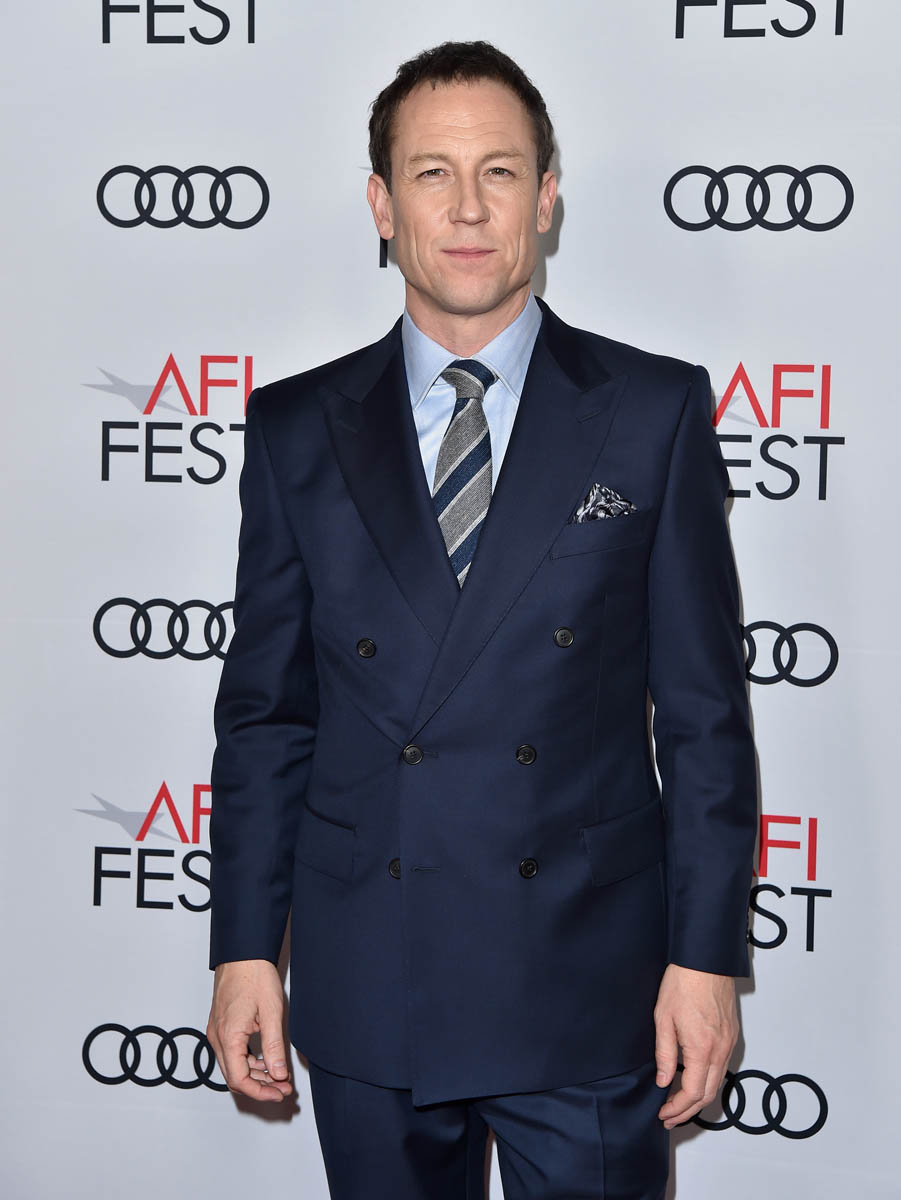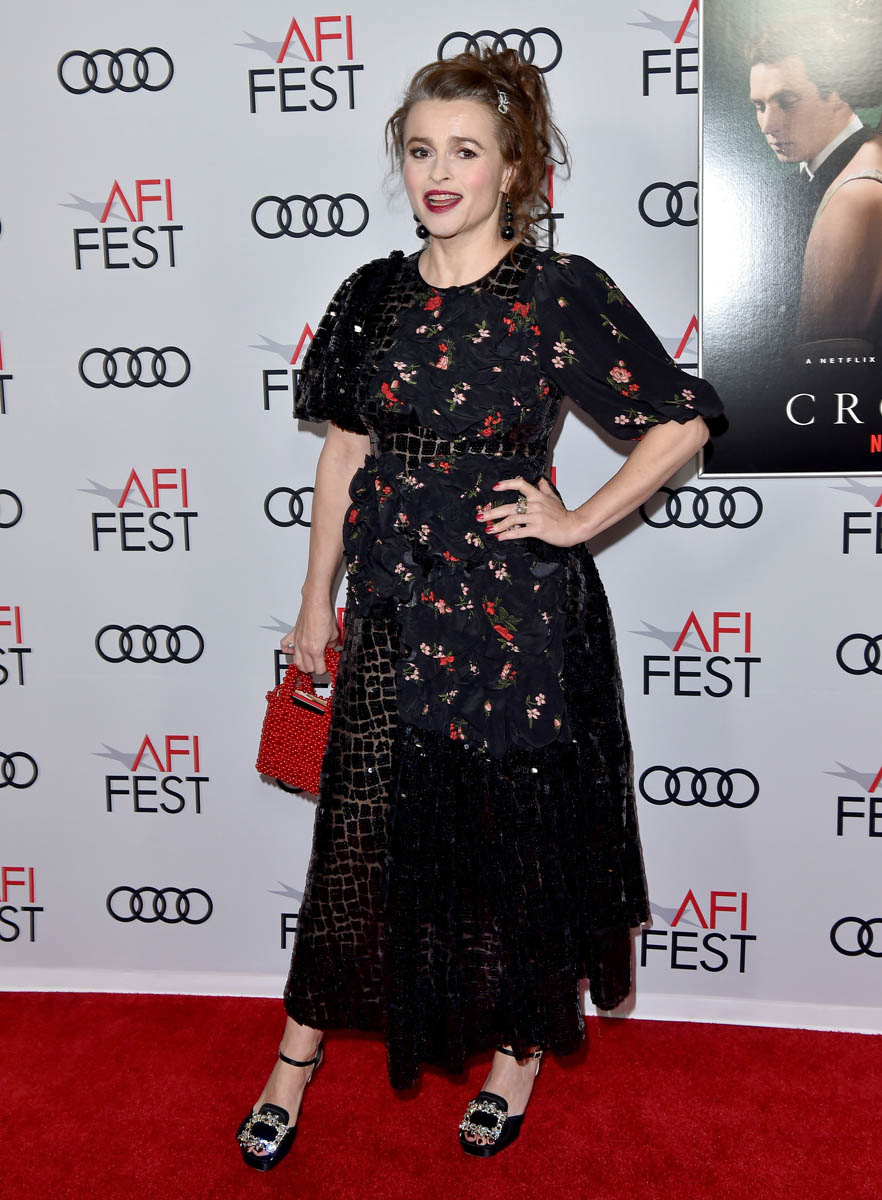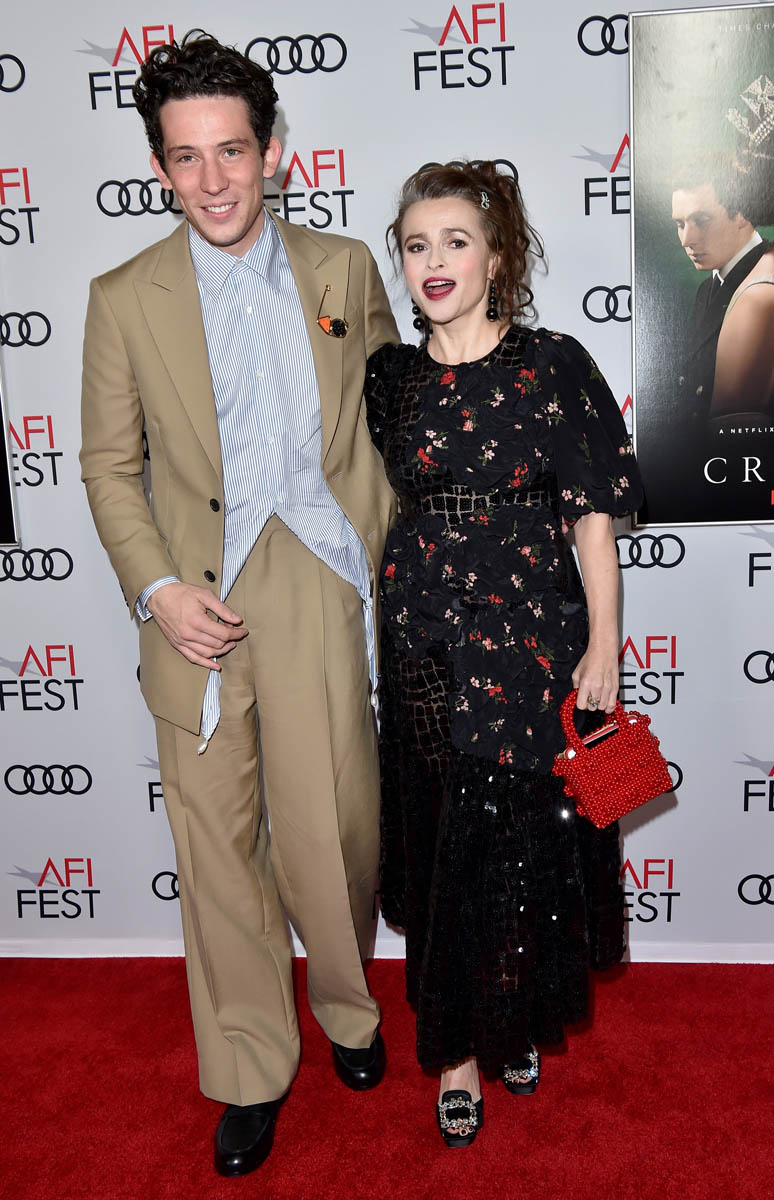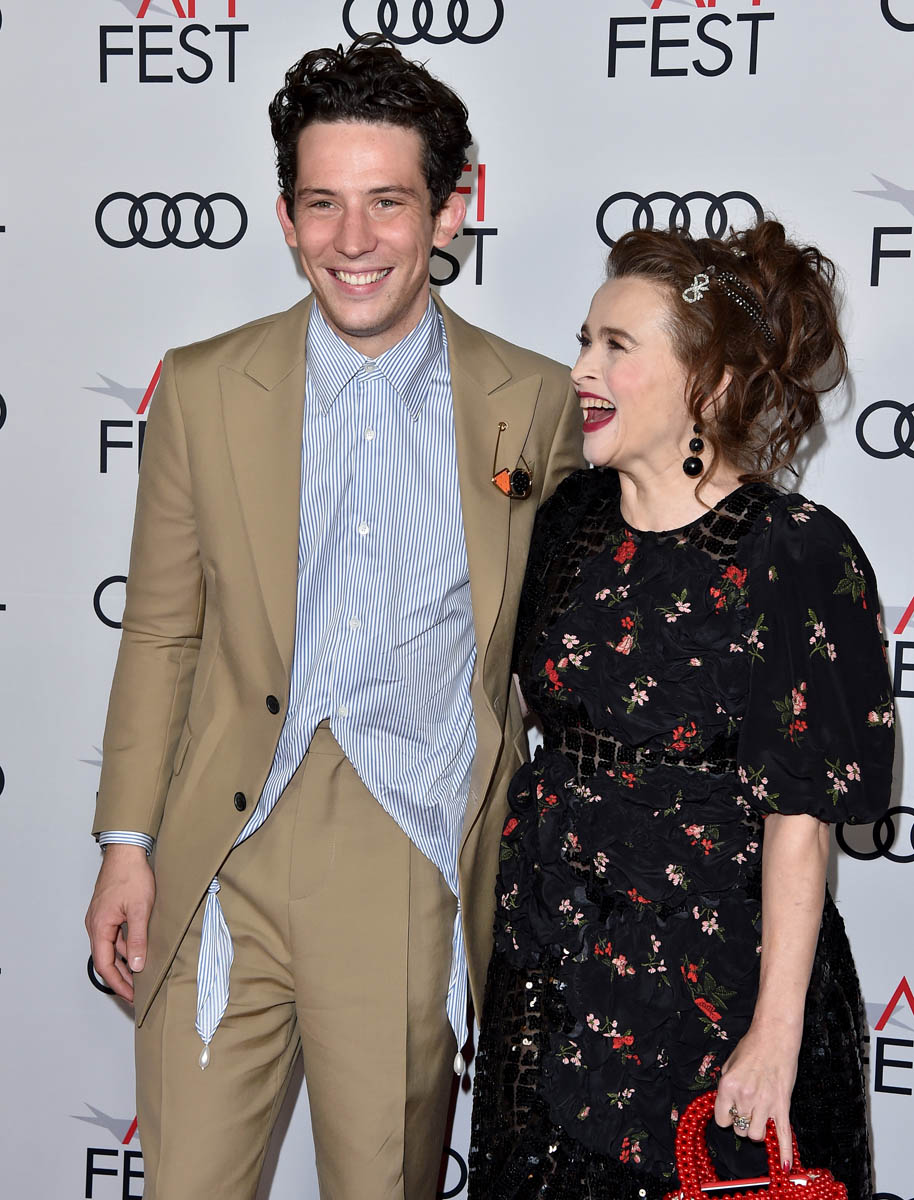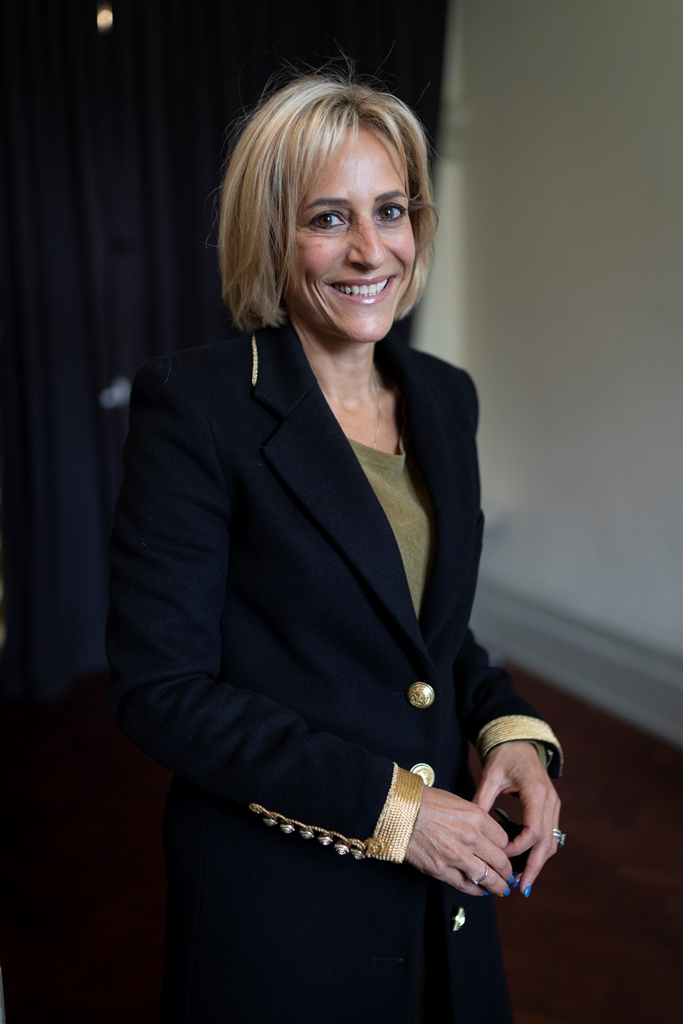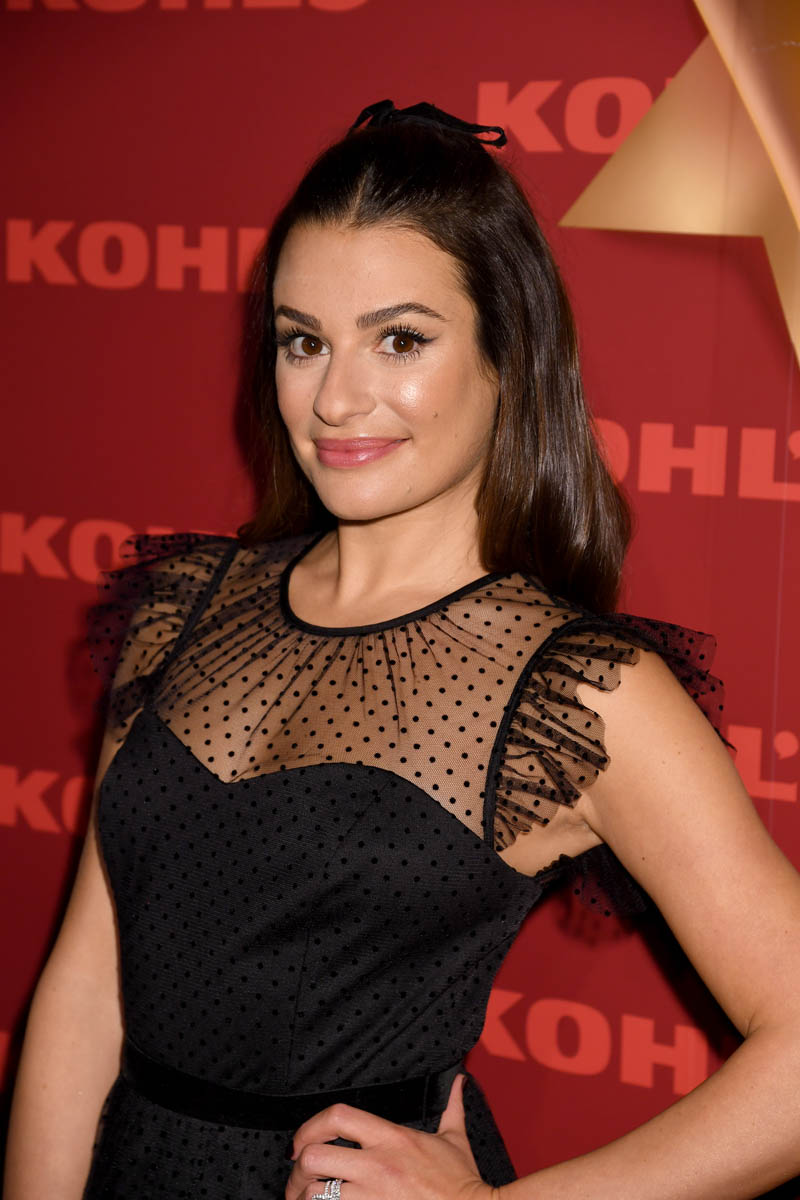The Crown cracks in season three


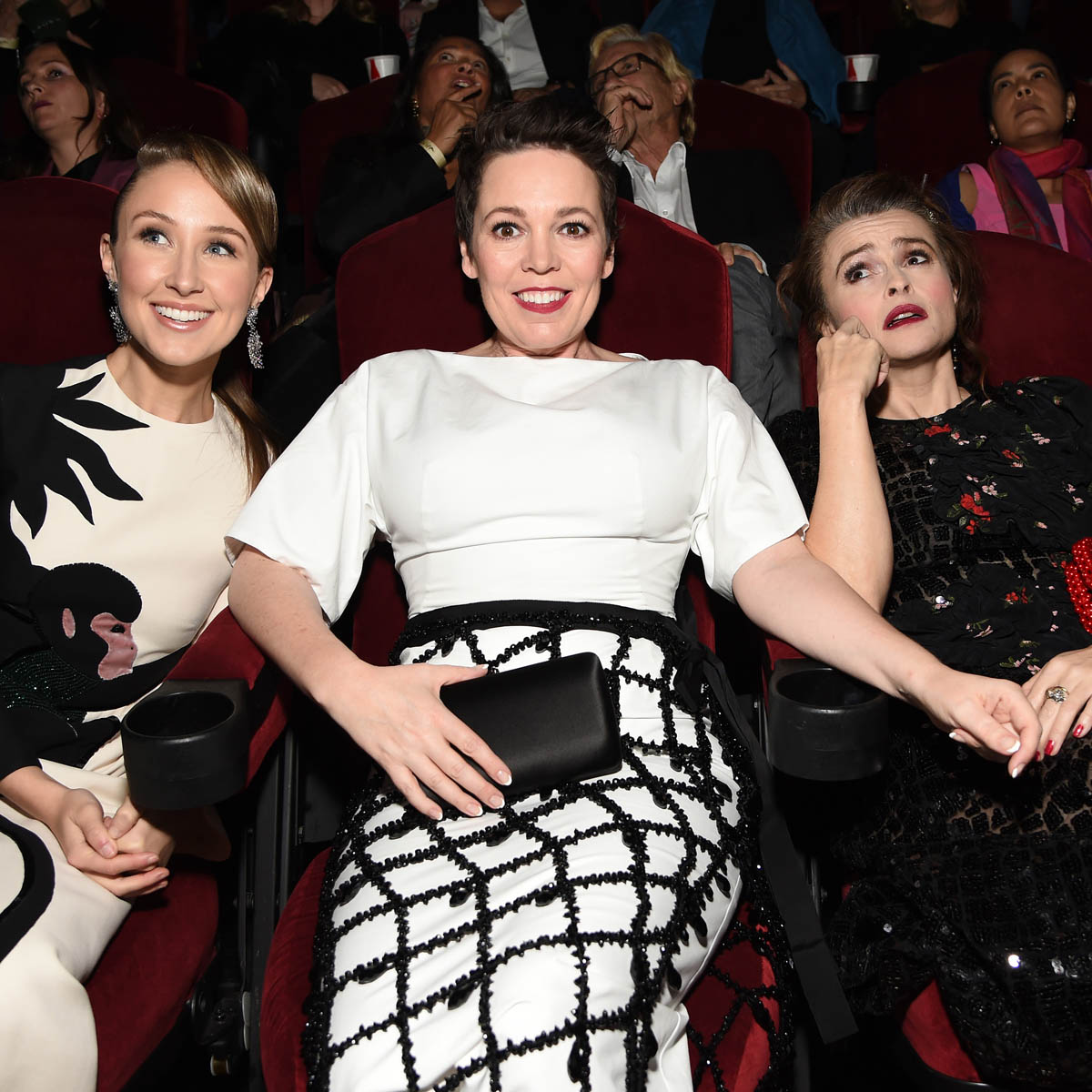
In its third season, The Crown experiences a reset, with a new cast coming in to play the royal family at a later stage in life. The Queen, now played by Olivia Colman, is in her middle life, older and no wiser as she navigates a changing world. The transition to the new cast is seamless, though the transition to a more recent period in history is not as smooth. The Crown struggles to effectively service its ensemble, sidelining characters and short-changing stories. This show looks as good as ever, and it certainly has its moments—including one of the best hours of television in recent memory—but the overall impression of The Crown in season three is uneven and meandering.
But even when The Crown wanders a bit aimlessly through the sixties and seventies, the cast remains phenomenal. Colman plays Queen Elizabeth with calm assurance; she is no longer a young woman finding her place but a settled matron comfortable with her role. Tobias Menzies takes over as Prince Philip, and it is a testament to Menzies that Philip is so watchable even as he is saddled with a largely uninteresting—and fabricated—story. And Helena Bonham Carter steps in as Princess Margaret, dissipated and dissatisfied and stuck in an unhappy marriage. Bonham Carter is great, but she is largely shunted to the side, one of the worst cases of The Crown losing its balance this season. The relationship between Elizabeth and Margaret drives the first segment of The Crown, but this time there is no such narrative engine, and one result is that Elizabeth and Margaret barely interact. The loss of tension in the story is palpable.
When The Crown works at its highest level, though, it works incredibly well. The standout episode in this season is “Aberfan”, which deals with a terrible tragedy in a Welsh mining town. This episode would make a great double feature with Stephen Frears' The Queen (which was also written by Peter Morgan), as “Aberfan” also finds Elizabeth struggling with a changing public's expectations of her. “Aberfan” feels like a different show, in part because every element functions together in a way they don't through the rest of the season, but also because “Aberfan” really explores the tension of Changing Times and an institution that is meant to be unchanging. It's also an extremely effective disaster story, with some indelible and truly heartbreaking images (some of which are recreated from photographs of the disaster aftermath). Unfortunately, the rest of season three is not as considered or deeply felt as “Aberfan”.
Honestly, it feels like season three is moving as fast as it can to the scandals of the eighties and nineties (the season ends in 1977). The central problem of this season is two-fold. One, it moves too fast, creating a disjointed and disorienting timeline that makes the various plotlines feel disconnected, and makes it seem like major events happen days apart, when in fact years are passing. And two, Peter Morgan and his team seem aware that they are approaching the scandals that will come to define the royal family, but don't seem to want to plumb these scandals as thoroughly as they did Margaret's heartbreak in the 1950s.
Prince Charles (Josh O’Connor) is now a young man, and The Crown is super sympathetic to him, for how misunderstood he is within his family—where only his sister Anne (Erin Doherty, excellent and criminally underused) is a real ally—and for his uncomfortable position, waiting for his mother to die to start living his life. But The Crown gives very little time to his relationship with Camilla Shand (Emerald Fennell), leaning too heavily on assumed audience knowledge of The Gossip. If you're going to tell a story, TELL A STORY, don't just wave your hands and go, Yeah yeah yeah you know this part. And sure, most people probably know this story better than they do the story of Margaret and Peter Townsend. But The Crown has covered famous moments in royal history with a sense of showing us the unseen moments the public can never really know. That is barely explored with Charles and Camilla, which honestly feels like a rushed prologue for The Arrival Of Diana.
The Crown season three has a lot to recommend it—though it completely skips over Princess Anne foiling her own kidnapping, an UNPARDONABLE OFFENSE—including the performances, though so many of these great actors get sidelines so that we barely see them. When it works, The Crown WORKS, such as “Aberfan”, and we’re definitely going to come back to Josh O’Connor and Erin Doherty, who are just spectacular as Charles and Anne—they’re so good they might retroactively gain sympathy for the eldest children of QEII. But this is also the first time it feels like The Crown flounders, unable to balance its various plots and characters as well as it did in the first two season.
The result is that, as lavish as it looks, The Crown feels a little shallow—except for “Aberfan”, which is truly an excellent hour of storytelling—and a lot rushed. It’s less dishy and soapy this time around, and feels like Downton Abbey for people too pretentious to enjoy a high-class soap opera. But that’s what the royal family is: a living, breathing soap opera. As we approach the monarchy’s most turbulent and gossipy years, it feels like The Crown is shying away from the soap, like it doesn’t want to Indulge In Gossip. That seems a misunderstanding of the royal family, though, because that family is fueled by gossip. This isn’t a documentary, The Crown can make some narrative leaps, as it did with Princess Margaret in the first two seasons. But that is exactly what The Crown won’t do this time, and, as stunning as it is visually, it is less engaging and interesting for it.

